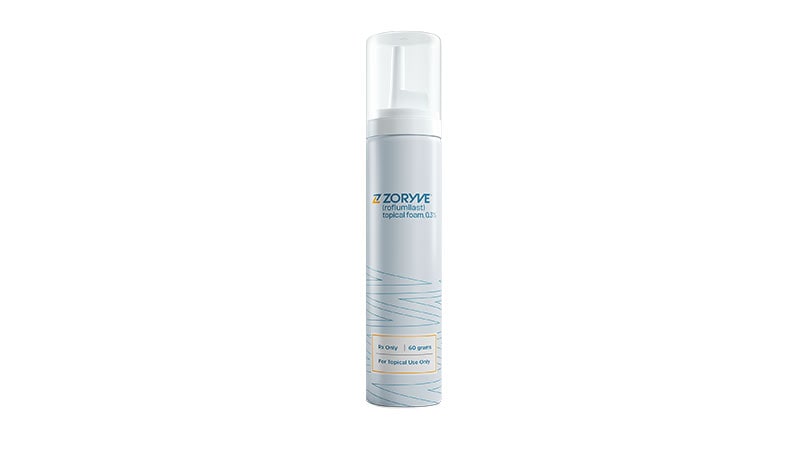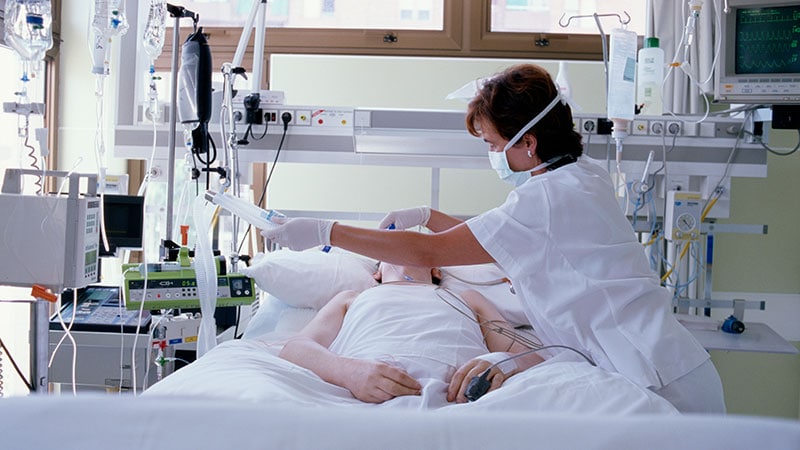Nonablative RF Treatment Effective in Adults With Acne
TOPLINE:
Nonablative monopolar radiofrequency appeared to be an effective and safe treatment for patients with moderate to severe acne in a small study conducted in Thailand.
METHODOLOGY:
- Lasers and energy-based devices have gained attention as potential treatments for acne.
- Researchers investigated efficacy and safety of nonablative monopolar radiofrequency (NMRF; Thermage FLX) for treating acne in a non-randomized study of 21 women and 3 men with moderate to severe acne (mean age, 27.3 years).
- Two NMRF treatment sessions were spaced 4 weeks apart, and the researchers used imaging software to quantify lesion counts, pore size and volume, and sebum production.
- Study participants were asked to self-evaluate the degree of improvement from baseline with a 10-point Likert scale. They also completed the Thai version of the Dermatology Life Quality Index (DLQI) questionnaire.
TAKEAWAY:
- Among the 20 patients who completed the treatments, the mean inflammatory lesion counts were reduced by 42.86% from baseline at 3 months (P = .0027) and by 45.71% at 6 months (P = .032) after the second treatment.
- Similarly, sebum excretion significantly decreased from baseline by 11.62% 1 month after the first treatment (P = .012), by 13.37% 1 month after the second treatment (P < .001), and by 21.51% 6 months after the second treatment (P = .004).
- Pore volume had decreased by 35% 1 month following the final treatment (P = .003) and by 41.5% 6 months following the final treatment (P < .001).
- Median DLQI scores significantly decreased from 10.00 at baseline to 5.50 1 month after the first treatment and by 2.00 1 month after the second visit, which corresponded to an 80% improvement from baseline. Patient self-assessment scores also demonstrated significant improvement over the span of the study.
IN PRACTICE:
The results of this study, thought to be the first comprehensive evaluation of NMRF as a treatment for acne, "underscore the importance of conducting further clinical trials and considering the evaluation of the potential therapeutic advantages of NMRF in treating" acne, the authors wrote.
SOURCE:
First author Woraphong Manuskiatti, MD, of the Department of Dermatology at Siriraj Hospital, Mahidol University, Bangkok, Thailand, led the research, which was published in Lasers in Surgery and Medicine.
LIMITATIONS:
The limited sample size, lack of a control group, and the fact that study participants shared similar ethnic backgrounds. Also, only three of the study participants were male.
DISCLOSURES:
The authors reported having no financial disclosures.


 Admin_Adham
Admin_Adham


